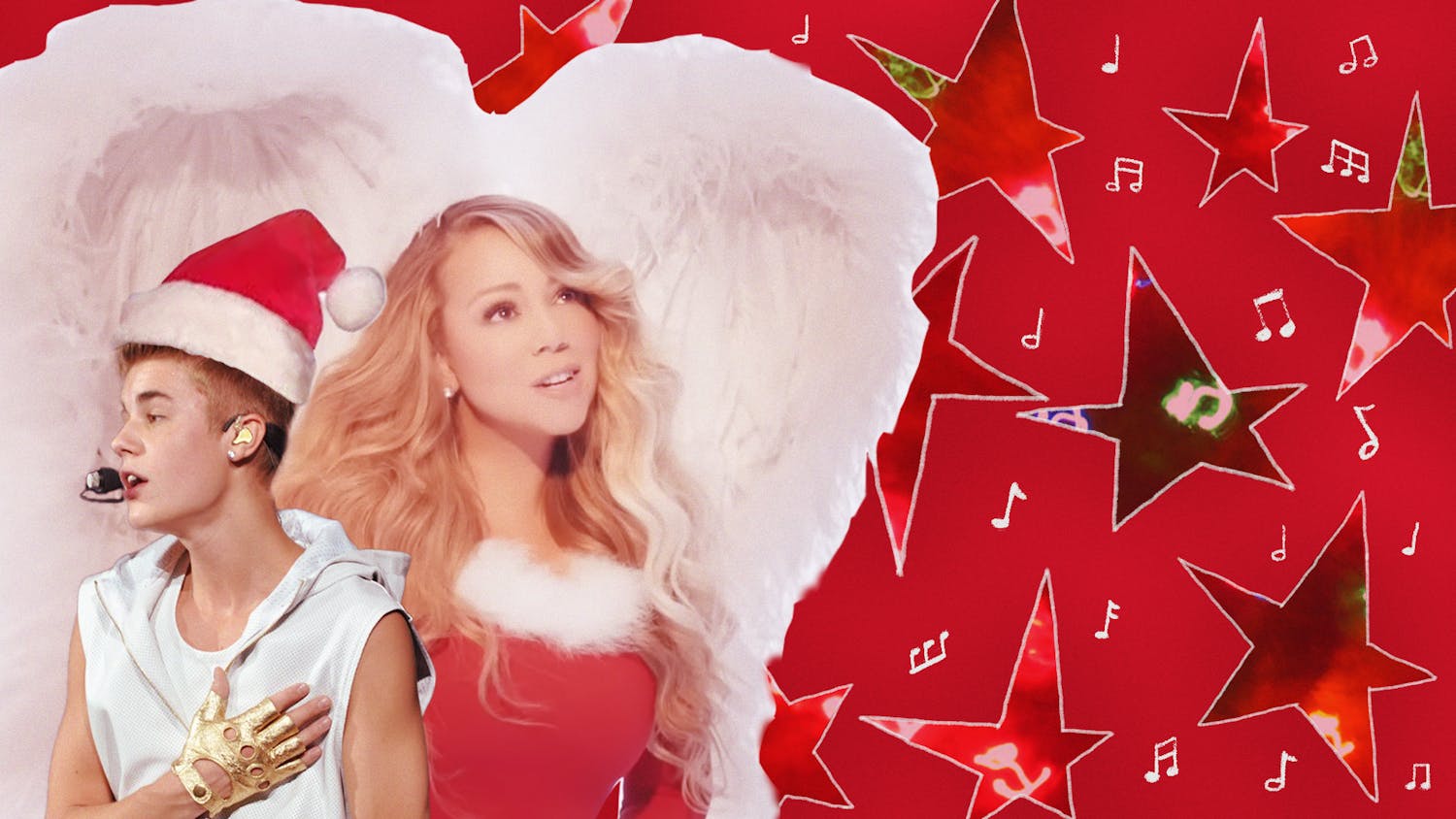The 2008 version of MTV's 2004 "Vote or Die" campaign - the "Ultimate College Bowl" - was unveiled to the masses for the first time on TRL. The UCB initiative is a competition among all colleges and universities to see who can register the most voters, with sweet incentives- - the top school gets a free Death Cab for Cutie show, scholarship money and, um, a paid trip to the National Constitution Center (we're guessing they'll spot you your SEPTA fare). Street sat in on a roundtable with Chris Walla, DCFC guitarist and super-producer, to hear the dish on his band's involvement.
Why the Ultimate College Bowl? What draws you to this project over others?
Chris Walla: It's about getting people involved in the process and getting registered to vote. It was really disheartening for me to hear that more people were voting in American Idol than in the presidential primaries. Yes, this is a big presidential election year, but I think it's really important for people to get involved in issues in their local communities. I came from a town where there were no sidewalks, and we fought for years to get sidewalks, and it's just getting done now.
Why the emphasis on registering college voters specifically?
CW: I think that because so many people's first and second elections happen when they are in college and I think that so many people's political consciousness snaps into focus when they get into college too, that it's the perfect place to gear in on registering voters. Providing a platform that just makes it easy for people to register votes and to give incentive for college students to register to vote. I think it's great that we're playing this thing.
Do you consider yourselves a political band?
CW: Death Cab has never been a political band, certainly not with a capital "P." One of the reasons I think Ben [Gibbard] is such a good writer is because he's stuck to the time-honored mantra of "write what you know." And while he can talk politics and while - like the rest of us - he's involved, it's not the thing that drives him day to day. Lyrically he tends to stay away from it.
We all do a fair amount of private advocacy but we're all really sensitive to the idea that as performers, we're entertainers. When I go to a show, that's the antidote to my week when I have a day job at work. That said, when you feel strongly about something it's impossible to keep your mouth shut. Part of this whole UCB is encouraging people to open their mouths and get involved when they believe strongly in something.
There seemed to be a sense of voter apathy in the 2004 election. Do you think that sentiment has carried over to this election?
CW: It felt like [in 2004] it was really hard to get the youth vote engaged. I think between Obama and then Palin on the Republican ticket, people are really psyched. People are registering to vote in numbers that we've never seen. In the interest of doing the most good in the classic sort of economic terms, it really felt like the UCB was the thing that was going to allow us to have the most impact.
You had a run-in with Department of Homeland Security earlier this year where your solo record was actually confiscated. How did that shape your impressions of our political system?
CW: Yeah, what happened with that was I recorded a bunch of [my solo album] Field Manual in Vancouver and Victoria, and as it was being brought down to the US, it was being detained by DHS. None of us ever believed for a second that it was detained because of its content. The three officers that made the call to detain it were just doing their job. Border crossing can be a drag sometimes, but I don't take any issue with that. I got a really incredible civics lesson about that whole thing. It was a moment when the Fourth Amendment came into focus and I had to do some serious search and seizure homework.






